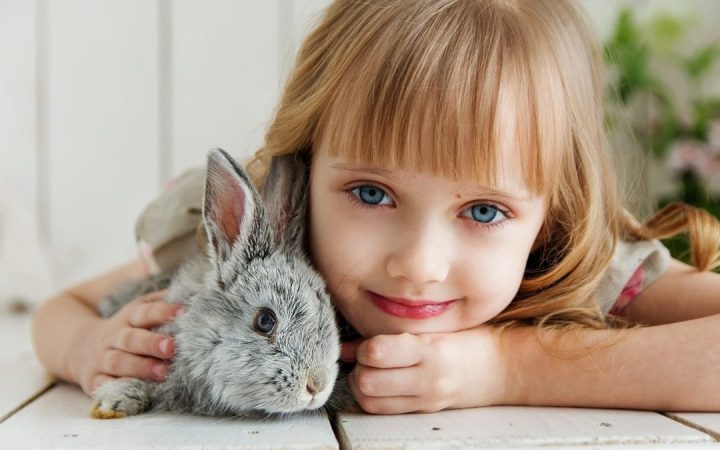For an introvert, a perfect weekend involved staying home, comfort cooking and having too much time on their hands, but the practicalities of lockdown never occurred to anyone. Lockdown has implications for us socially, and for our furry friends as they are probably seeing more of you than they ever have before. What a wonderful opportunity to pause and appreciate how much these furry balls of love matter to us and just enjoy some extra time in their company.
BVC OPENING HOURS AND NEW PROTOCOLS:
The BVC team take their responsibilities as an essential service extremely seriously. We are still fully operational and here to deal with any problems that may arise with your pet. Please see our website Home page for details of accessing pet care during social distancing.
WILL MY PET TRANSMIT COVID-19 TO ME OR MY LOVED ONES?
There is no evidence to suggest that our cats and dogs can infect humans with COVID-19. There has been a dog in Hong Kong and a cat in Belgium return positive tests. In both these cases it appears that, at the time of writing, the contamination was restricted to surfaces and likely to have been residue left by their contaminated human companion. But it does lead us to reiterate the important advice that has been issued since the beginning of the corona-crisis.
HOW TO BEHAVE AROUND PETS DURING THE COVID19 PANDEMIC:
For people who have not tested positive and are not self-isolated or in quarantine, the single most important measure remains washing hands thoroughly with soap and water for at least 20 seconds. Hand sanitizer is an important but less effective alternative. When interacting with your pet, this means behaving normally but washing hands as above after touching them, their food, toys and bedding.
If you have been exposed to the virus, you may need to be a bit more careful when interacting with your pet. You may want to arrange for another person to care for your furry friend. Certainly, you should arrange for alternative care in the (unlikely) event that you require hospitalisation and will be away from home. Additionally, you should avoid unnecessary contact with animals in your household, including petting, snuggling, being kissed or licked, and sharing food. We stress this is precautionary because so little is known about COVID19 at this time.
SPENDING EXTRA TIME AT HOME WITH OUR FURRY COMPANIONS:
OUTSIDE: Physical exercise remains important for physical and mental health and wellbeing and there is no reason not to walk your dog just as you did before being locked down but there are some new things to consider in the current climate.
You should try to avoid heavily populated areas. Your normal walking track is probably fine but do try to avoid places where social contact is likely (such as small dog parks). While walking, maintain the recommended 2-metre social distance and don’t let others pat and pet your dog. Provide the same courtesy to others and don’t let dogs meet and sniff each other. You will just have to remind them to be happy with the extra time they are getting to spend with you!
WHEN AT HOME: Your pets will be surprised (and completely delighted) at the change in circumstances. The fact that you are around will mean that dogs particularly, but many cats as well, will expect lots of extra attention. Nevertheless, it is important that you maintain the normal routine as much as you can, maintain normal feeding and walking times and make sure that they spend time by themselves.
Remember that this lock down is not permanent and sooner or later we will need to leave the house again for long periods of time. Some of your pets may become acclimatised to this “new normal” and we don’t want to risk them developing separation anxiety when things rapidly return to the way they used to be.
Providing a variety of toys (on rotation) and introducing other stimulating activities such as teaching them a new trick, hiding treats or introducing puzzles will help them and you, enjoy your time together and benefit from it too.
CATS – INDOORS/OUTDOORS – WHAT DO I DO?
If your cat normally goes outdoors, try and keep them indoors or at least contained on the property, especially if you are over 70 or live with someone who is, have a pre-existing medical condition, or have been exposed to COVID-19.
Cats love getting all up in your face if you are at home, which is why you should use what you have around you to make life more interesting for them. Hide some treats around the place. Create hiding spots for anxious kitties by freeing up space on top of cupboards, cutting holes in cardboard boxes, or draping a sheet over the back of a chair.
Using puzzle toys to make mealtimes more interesting. You can make a DIY puzzle feeder by cutting holes in a cardboard box, putting some food inside and hiding it somewhere in the house for them to find. Get more ideas from: https://icatcare.org/advice/puzzle-feeders/
AND RABBITS?
Rabbits and other small animals are ground-dwelling prey animals, so being able to hide under something can help them feel safe. Provide them with plenty of places to hide if they need to – cardboard boxes, tunnels, untreated wicker baskets, paper bags and PVC pipes are all fabulous places for them to scamper if need be.
For more tips:
All of these ideas will enrich your relationship with your pet, and ultimately what the current situation has shown us is how important our family relationships and home situation are. Let’s focus on the positive – spending time with our beloved pets is an unexpected benefit in a dark time. Let’s make the most of it and enjoy the time we get to spend with those non-judgemental, very precious furry family members.



